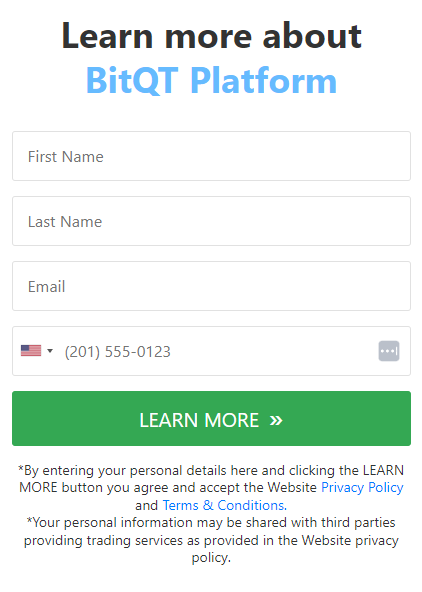
In international trade, it has become more critical than ever to leverage the efficiencies of blockchain technology to optimize these relationships and reduce operational costs. For example, if you want entirely automated trading services, then you can visit websites, here you will get all the advanced bitcoin trading features. It is because real-time data communication between nodes in value chain networks becomes exponentially more critical and costly with the increased weight on increasing trade volumes due to globalization and digitization.

Blockchain could help information flow smoothly, delivering efficient transactions compliant with compliance standards. In this post, we will explore some of the main benefits blockchain has for international trade by examining how it decreases transaction time, lowers costs, improves transparency, and maintains a comprehensive data record across multiple parties simply because of its decentralized nature.
People can use blockchain to track anything from simple paperwork, like a letter of credit or a bill of lading, to high-value goods like diamonds or even entire container shipments. Trade finance is one of the leading industries where people can implement blockchain technology. However, as it stands now, banks and other institutions often need to communicate through intermediaries to complete the necessary steps in the trade process.
This process is overly complex and time-consuming, leading to delays in a financial settlement. By using blockchain’s distributed ledger technology (DLT), banks can now communicate directly with each other while keeping a verified permanent record of every transaction taking place on the network. Let’s explore the benefits of blockchain in international trade.
Typical international trade documentation issued:
A letter of credit is an instrument used by exporters, importers, and banks to guarantee an international transaction; it is a contract between a buyer and a seller that specifies the terms of payment for goods and the conditions for their delivery.
Blockchain would allow information exchanges relevant to Letters of Credit through all parties involved.
End-to-end supply chain transparency can be achieved by people with blockchain that allows users at each stage to track the product’s history in real time. RFID integration with blockchain technology can track items from suppliers going through customs, transported, handled in stores, etc., and present an accurate digital representation of the real-world item. It would help manufacturers identify counterfeit products quickly and reduce recalls and lost inventory costs.
People can use a blockchain to streamline international payments as it directly connects importers and exporters, eliminating intermediaries and resulting in substantial cost savings. In addition, by allowing direct access to a bank’s systems without human intervention, blockchain-based payment systems will eliminate errors caused by the automation process, ensuring that all transactions comply with the various banking rules and regulations. It is especially true for institutions that tend to have complicated processes or strict due-diligence criteria around large transactions.
Blockchain could facilitate national G2G and specific B2G border procedures:
In the nascent stages of Blockchain technology, governments seek to implement the technology into their border and customs processes, primarily to reduce costs associated with their current infrastructure and increase operational efficiency. Some countries, such as Australia, Canada, and the US, have already started experimenting with blockchain technology in their G2G procedures.
Creating a distributed ledger of all transactions between consumers and government agencies on the blockchain would allow federal, state/provincial, county, and municipal agencies to streamline their internal processes while improving transparency, cost savings, and customer service levels.
Release and customs clearance of goods:
Supply chain processes often undergo several changes before arriving at the customer’s doorstep, from export and import documents to product inspection. Blockchain can speed up these processes by minimizing the time difference between verifying the information and releasing goods from customs. Furthermore, with the introduction of smart-border solutions like blockchain, supply chain data will become accessible to all partners in the value chain upon request, with immediate access for every party involved in international trade.
Immigration procedures and compliance:
Blockchain can also be a secure and efficient tool for managing immigration procedures and compliance standards. By integrating digital identity solutions into its infrastructure, businesses dealing with border crossings can save valuable time by verifying their clients’ identities on the blockchain network.
Strengthening intellectual property rights:
People can use blockchain to track intellectual property rights and prevent theft by collaborating with government agencies and private companies. It can be done by users registering all the company’s copyrights and patents in a digital form on the blockchain network, which is then timestamped, and publicly available.
The technology has the potential to disrupt international trade by making it faster, more secure, and cheaper to carry out. As blockchain becomes more user-friendly for businesses and governments worldwide, companies will undoubtedly need to provide solutions that can help industries effectively integrate this latest technology with their business model.


